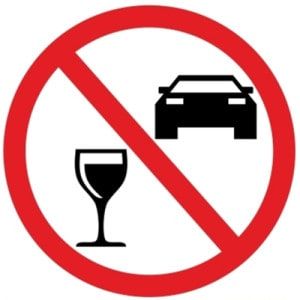 According to a new study conducted by researchers from New York University and published in the journal Public Health, states with stricter and more numerous alcohol, drunk driving, and traffic laws have lower traffic-related fatality rates.
According to a new study conducted by researchers from New York University and published in the journal Public Health, states with stricter and more numerous alcohol, drunk driving, and traffic laws have lower traffic-related fatality rates.
To determine the relationship between strict laws and a state’s rate of traffic-related deaths, researchers looked at 27 laws, ranging from child restraint to DUI laws, designed to change individual behaviors concerning alcohol consumption and/or traffic safety. All 27 laws also had been proven to be beneficial for public health based on prior research.
In the end, research showed that tough drunk driving and traffic laws actually make people safer. States with the strictest and most alcohol and traffic offense laws have 14.5% fewer deaths than those with the most lax alcohol and traffic offense laws.
In response to the new findings, co-researcher and assistant professor for NYU’s Department of Nutrition, Food Studies, and Public Health Diana Silver encouraged lawmakers to focus on introducing stronger alcohol and traffic offense laws in states where such laws are weakest. If these states don’t catch up, more lives will be lost, a statement Silver says is no longer a theoretical concern but a fact.
The study’s researchers aren’t the first to point out the need for strict DUI laws in every state. Non-profit organization Mothers Against Drunk Driving (MADD) continuously encourages states to require all drunk driving offenders, including first-time offenders, to install ignition interlocks in their vehicles, a law that has reduced drunk driving-related fatalities by at least 30% in states with all-offender interlock laws.
You can help make our roads a safer place by never drinking and driving. You can also help by encouraging your state’s legislators to pass laws created to prevent drunk driving and underage drinking. Visit www.madd.org to find out which life-saving laws MADD is advocating for in your state, then personalize a pre-written letter asking state senators and representatives for support.
